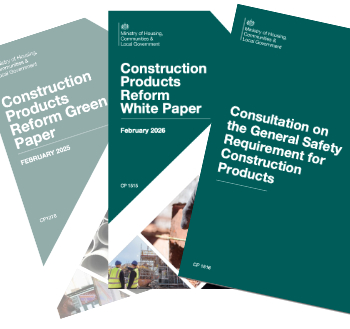Design workshop
 A design workshop is a meeting of two or more individuals who collaborate to either start or finalise a design or to make progress on overcoming an obstacle on an existing design. The outcome should be progress made and decisions taken. Alternatively, it may be a structured session that aims to impart knowledge regarding some specific aspect of design to the participants.
A design workshop is a meeting of two or more individuals who collaborate to either start or finalise a design or to make progress on overcoming an obstacle on an existing design. The outcome should be progress made and decisions taken. Alternatively, it may be a structured session that aims to impart knowledge regarding some specific aspect of design to the participants.
Design workshops are usually based on the concept that finding the best possible creative solutions can result from bringing people together. Involving various parties in a workshop can be a useful tool to further collaboration within the design team and increase stakeholder participation.
On a building project, the participants may be from a single team e.g an architectural practice or may be from a diverse range of professions such as architect, engineer, surveyor, cladding manufacturer, and other construction disciplines.
The design workshop may either be formally structured and involve the participants working through a set of pre-determined exercises, or it may be unstructured and allowed to develop in the manner of a free-flowing brainstorming session. Whichever is selected, the flow of creative ideas should be encouraged, with the outcome being some advance in the design being discussed to the satisfaction of most of the participants.
[edit] Setting up a design workshop
When setting a design workshop, the following may be considered:
- What is the theme or title of the workshop? Define the problem?
- What outcomes are desired? Ensure invitees know the aim of the workshop.
- Establish a meeting plan, which may mean dividing the time into distinct parts.
- How long is the workshop intended to last?
- Who and how many people are to be invited?
- Who will be leading the workshop?
- Who will be recording what happens?
- How to ensure all attendees contribute, rather than just the most confident / loudest.
- How to develop a consensus.
- Ensure the necessary tools are available – e.g laptops, projection devices, flip-charts, post-it notes, paper, pens etc. Make slides of the main themes/activities to be discussed.
- Invite participants, communicating the above points, sending the agenda and informing them of the time, place and expected duration of the workshop, plus any arrangements for refreshments, lunch etc.
- What are the next steps.
[edit] Related articles on Designing Buildings
- Appointing consultants.
- Collaborative practices.
- Consultant team start-up meeting.
- Design co-ordination.
- Design management plan.
- Design management.
- Design manager.
- Design methodology.
- Design responsibility matrix.
- Design review.
- Design review panels.
- Design team.
- Information manager.
- Lead designer.
- Specialist contractors start-up meeting.
- Team behavioural roles.
- Team management.
Featured articles and news
The need for a National construction careers campaign
Highlighted by CIOB to cut unemployment, reduce skills gap and deliver on housing and infrastructure ambitions.
AI-Driven automation; reducing time, enhancing compliance
Sustainability; not just compliance but rethinking design, material selection, and the supply chains to support them.
Climate Resilience and Adaptation In the Built Environment
New CIOB Technical Information Sheet by Colin Booth, Professor of Smart and Sustainable Infrastructure.
Turning Enquiries into Profitable Construction Projects
Founder of Develop Coaching and author of Building Your Future; Greg Wilkes shares his insights.
IHBC Signpost: Poetry from concrete
Scotland’s fascinating historic concrete and brutalist architecture with the Engine Shed.
Demonstrating that apprenticeships work for business, people and Scotland’s economy.
Scottish parents prioritise construction and apprenticeships
CIOB data released for Scottish Apprenticeship Week shows construction as top potential career path.
From a Green to a White Paper and the proposal of a General Safety Requirement for construction products.
Creativity, conservation and craft at Barley Studio. Book review.
The challenge as PFI agreements come to an end
How construction deals with inherited assets built under long-term contracts.
Skills plan for engineering and building services
Comprehensive industry report highlights persistent skills challenges across the sector.
Choosing the right design team for a D&B Contract
An architect explains the nature and needs of working within this common procurement route.
Statement from the Interim Chief Construction Advisor
Thouria Istephan; Architect and inquiry panel member outlines ongoing work, priorities and next steps.
The 2025 draft NPPF in brief with indicative responses
Local verses National and suitable verses sustainable: Consultation open for just over one week.
Increased vigilance on VAT Domestic Reverse Charge
HMRC bearing down with increasing force on construction consultant says.
Call for greater recognition of professional standards
Chartered bodies representing more than 1.5 million individuals have written to the UK Government.





















